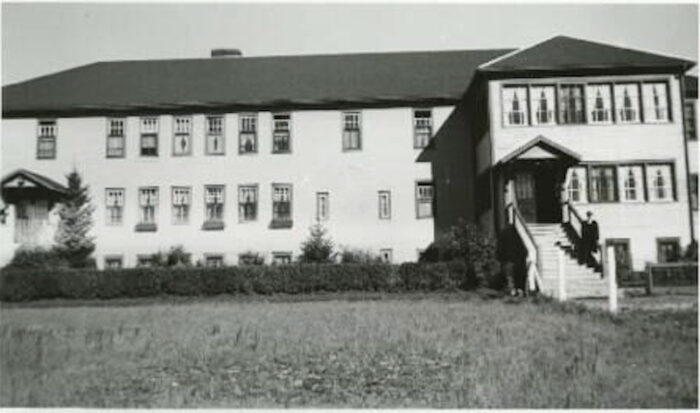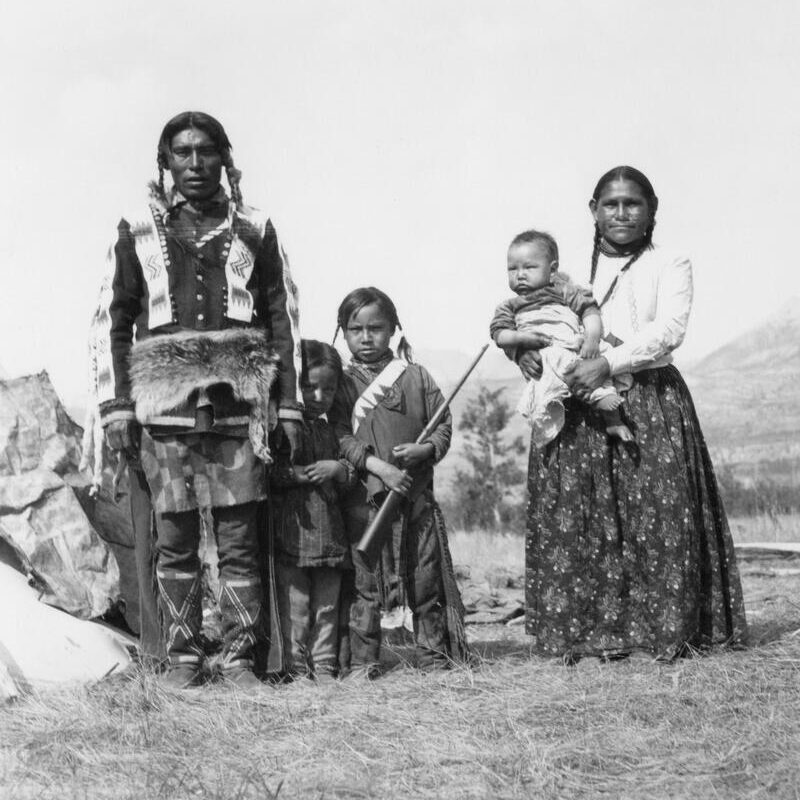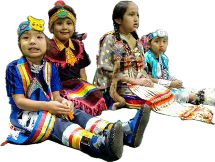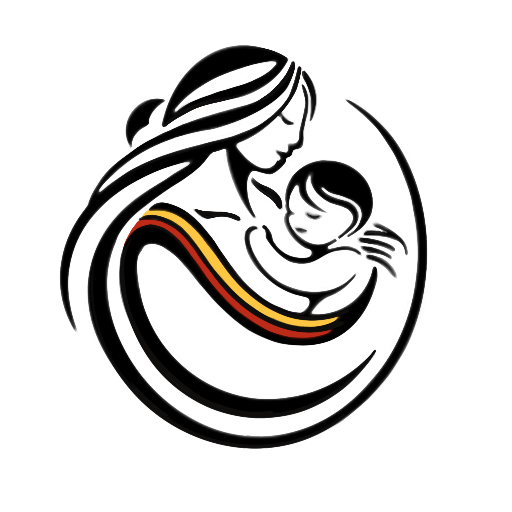
A New Time For Our Children
Goodstoney Bill C-92 Project
Goodstoney Nation is undertaking an important project to make sure our children have the best opportunities for happy, productive lives. Starting now and for all the generations to come.
Our History
Starting in the 1840s, Canada took away from First Nations their right to raise their own children. This came through many policies designed to ‘take the Indian out of the child’ including residential schools, the ‘Sixties Scoop’ and child welfare practices on reserve.
Mînî Thnî (Morley) Residential School 1950s

Starting in the 1840s, Canada took away from First Nations their right to raise their own children. This came through many policies designed to ‘take the Indian out of the child’ including residential schools, the ‘Sixties Scoop’ and child welfare practices on reserve.
Mînî Thnî (Morley) Residential School 1950s

Starting in the 1840s, Canada took away from First Nations their right to raise their own children. This came through many policies designed to ‘take the Indian out of the child’ including residential schools, the ‘Sixties Scoop’ and child welfare practices on reserve.

Mînî Thnî (Morley) Residential School 1950s

Remember, First Nations never gave up the right to care for their own children, to Canada or to anyone else.
Jonas Goodstoney & Family,
Kootenay Plains

Remember, First Nations never gave up the right to care for their own children, to Canada or to anyone else.
Jonas Goodstoney & Family,
Kootenay Plains
Remember, First Nations never gave up the right to care for their own children, to Canada or to anyone else.

Jonas Goodstoney & Family,
Kootenay Plains
How do we take back these rights?
Each First Nation must come to understand what is involved in getting this jurisdiction back after all these years. They must learn about what it takes to be able to make good decisions for services and supports for their children and families, who at times are having difficulties.
First Nations people can define their own laws – using their own cultural values, beliefs, traditions and ceremonies – that support good outcomes for their children. Then, they will once again be responsible for raising their own children and supporting healthy and happy families in their communities.
Canada’s Bill C-92 become An Act respecting First Nation, Métis and Inuit children, youth and families. It sets minimum national standards for the care of Indigenous children, on and off reserve, that must be applied right now. These standards include:
- Basic rights as a child (to be treated with respect, to be protected from harm, to have their opinions heard, to be helped to learn)
- Right to Indigenous origins (to know their family origins, to be served under Indigenous laws, to have culture taken into account)
- Right to family connections (to keep newborns with their mothers, to keep siblings together, to maintain relationships with family, community, culture, language)
- Rights equal to non-Indigenous children (substantial equality in continuous care, in getting to same outcomes, in getting help with disabilities)
- Right to preventative care approach (support for families before baby is born, wrap around supports to help mothers keep newborns, proactive support to families)
- Basic rights as a child (to be treated with respect, to be protected from harm, to have their opinions heard, to be helped to learn)
- Right to Indigenous origins (to know their family origins, to be served under Indigenous laws, to have culture taken into account)
- Right to family connections (to keep newborns with their mothers, to keep siblings together, to maintain relationships with family, community, culture, language)
- Rights equal to non-Indigenous children (substantial equality in continuous care, in getting to same outcomes, in getting help with disabilities)
- Right to preventative care approach (support for families before baby is born, wrap around supports to help mothers keep newborns, proactive support to families)
- Basic rights as a child (to be treated with respect, to be protected from harm, to have their opinions heard, to be helped to learn)
- Right to Indigenous origins (to know their family origins, to be served under Indigenous laws, to have culture taken into account)
- Right to family connections (to keep newborns with their mothers, to keep siblings together, to maintain relationships with family, community, culture, language)
- Rights equal to non-Indigenous children (substantial equality in continuous care, in getting to same outcomes, in getting help with disabilities)
- Right to preventative care approach (support for families before baby is born, wrap around supports to help mothers keep newborns, proactive support to families)

